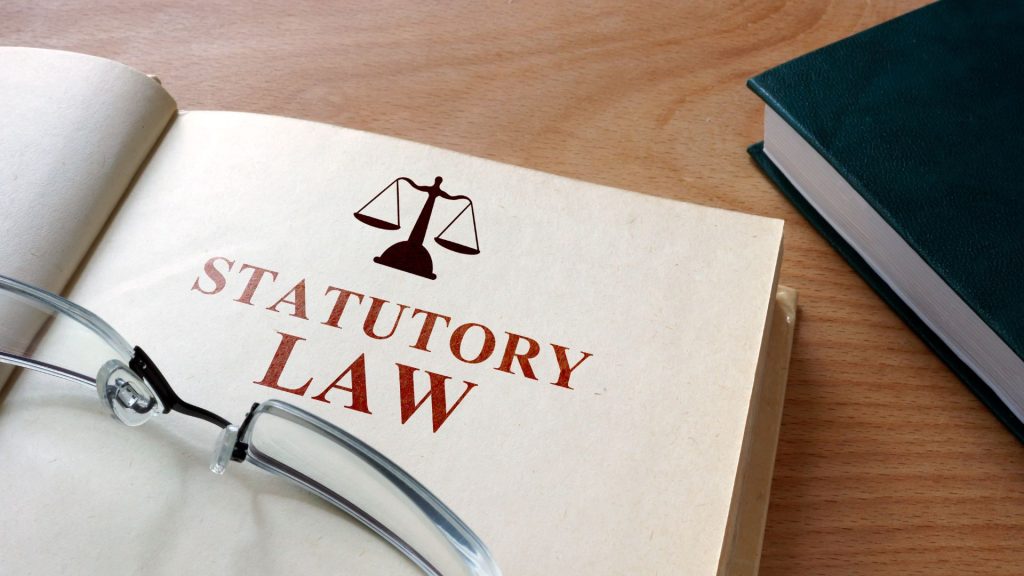A 1031 Exchange Replacement Property Alternative
When a taxpayer sells investment property and would like to utilize Internal Revenue Code Section 1031 to defer the tax on that sale, the taxpayer may find it challenging in today’s market to locate a suitable replacement property. One possible solution for certain taxpayers, particularly “accredited investors” (high-net-worth individuals and certain entities, as defined in Regulation D of the Securities Act of 1933) is to acquire an interest in a Delaware Statutory Trust (DST) as replacement property to complete the exchange. A DST is a type of trust formed under Delaware law. Provided that the DST’s governing documents conform to the requirements of Revenue Ruling 2004-86, a DST taxpayer’s ownership interest in the DST is treated as a fractional interest in the property owned by the DST. Consequently, if the DST owns like-kind replacement property, a taxpayer can acquire a fractional interest in the DST to complete the tax-deferred exchange.
An ownership interest in a DST, sometimes called a “beneficial interest” or “DST units” is an indirect way of owning investment real estate. This can be appealing to taxpayers who are interested in acquiring a managed real estate investment. The trustee of the DST initially purchases the property and holds title to the property. A sponsor structures the investment and arranges for the issuance of beneficial interests in the DST. Although interests in the DST are treated as securities under federal securities laws, they are treated as ownership of real estate and thus like-kind pursuant to §1031. The sponsor typically arranges the bank financing for the purchase of the property, and coordinates the property management. In order to comply with applicable securities laws, the sponsor will generally provide a written document known as a Private Placement Memorandum (PPM) to the taxpayer. The PPM provides information about the property, area demographics, tenants and leases, financial projections, risks of the investment along with additional information about the sponsor, and other disclosures.
An advantage of Delaware Statutory Trust ownership over tenant-in-common ownership is that a DST is not limited to 35 investors. The ability to spread the cost of the real estate among more taxpayers can allow taxpayers with smaller minimum investment amounts to exchange into a DST. Many DST sponsors also have the flexibility to match the amount to be invested by taxpayers with the net amount received from the relinquished property as well as the debt component. Thus, taxpayers desiring full tax deferral can meet the necessary 1031 exchange requirements.
WHEN TO CONSIDER A Delaware Statutory Trust (DST)

- When a taxpayer is interested in passive ownership of high-grade commercial property, but the taxpayer lacks the financial wherewithal to purchase the property entirely on their own.
- When the taxpayer wants a pre-packaged replacement property where the financing is in place and the sponsor has already performed due diligence.
- As a reliable backup property on the list of identified properties in the event the primary identified property falls through, or the taxpayer has not used all of the proceeds from the sale of the relinquished property and wishes to reinvest the remaining funds to achieve full tax deferral.
For more information about Delaware Statutory Trusts, visit the Alternative and Direct Investment Securities Association (ADISA) website at www.adisa.org.


